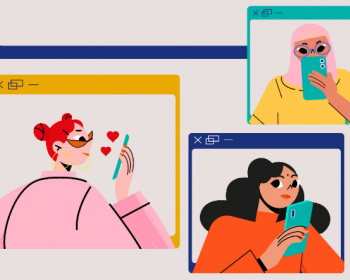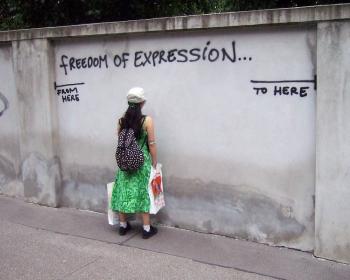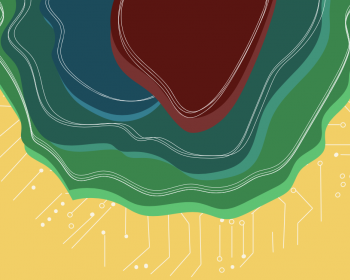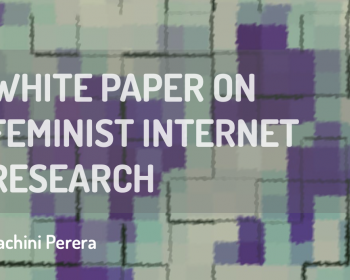online gender-based violence
While LGBTQIA+ communities face discrimination across the spectrum, transgender, non-binary and gender-diverse folks are discriminated against within LGBTQIA+ spaces. Researchers Nyx McLean and Thurlo Cicero interrogate how TNBGD people experience this violence in four African countries.
The transgender community in Pakistan has constantly been subjected to persecution and violence hindering their participation in "normal" life. This violence has increasingly been mirrored in the digital world, with a plethora of hashtag campaigns aimed at damaging the community's struggles.
This research intends to better understand the barriers and biases resulting from algorithms in women’s access to freedom of opinion and expression, and to examine how they navigate these algorithms to create the much-needed space to speak out, to be heard, and to occupy digital spaces.
Shia Muslims are constantly at risk of being targeted with violence online and offline for their religious belief. And when Shia women and queer folks go online, they find themselves at risk of being targeted with abuse from multiple fronts as their two identities combine.
Internet censorship in the name of morality in Pakistan is rampant, and the trend continues to grow as new laws and regulations are introduced. But just a cursory look at this trend reveals that the censorship is not just vague, but also sexist, targeting women's expression and experiences online.
During the high-level discussion on countering the negative impact of disinformation on the enjoyment of human rights, APC called for efforts to collect and study community-based responses to disinformation and improve the exercise of communication rights and tools by marginalised communities.
In its submission to the UN Special Rapporteur on freedom of opinion and expression, APC stresses that online attacks against women and gender-non-conforming people are one of the most serious contemporary threats to their safety, to media freedom and to gender equality more broadly.
In its submission to the Special Rapporteur on the independence of judges and lawyers, APC welcomed the concerns raised regarding defamation campaigns against legal professionals on social media, and highlighted the case of Tunisia, where women judges are the target of online gendered attacks.
The meta-research project formed part of the broader Feminist Internet Research Network (FIRN) project led by APC and created a feminist space for dialogue to explore the complexities of doing internet research.
APC has been working towards imagining and making a feminist internet by building and strengthening networks of researchers, activists and others. This paper aims to assess feminist internet research on internet governance and policy, with a particular focus on scholarship in the global South.

Association for Progressive Communications (APC) 2022
Unless otherwise stated, content on the APC website is licensed under Creative Commons Attribution 4.0 International (CC BY 4.0)












